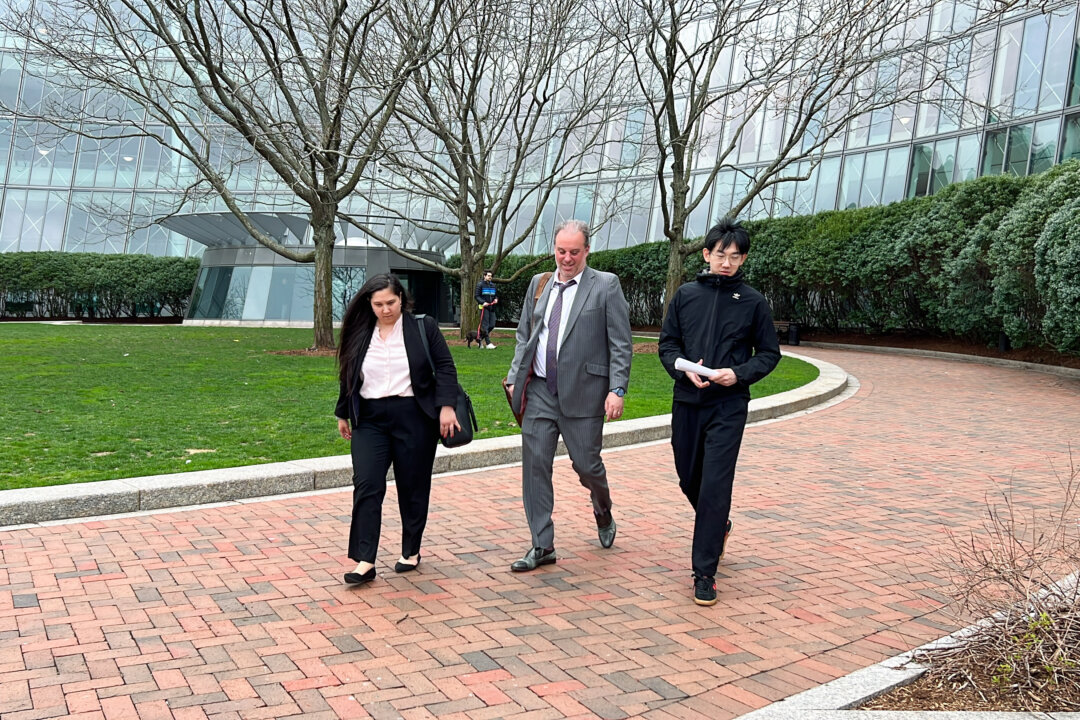
A Chinese national serving his nine-month prison sentence for cyberstalking and threatening a fellow pro-democratic student was released early in mid-September based on “significant foreign policy interests” of the United States. The case’s new development surfaced recently due to unsealed court documents and reports about Wu’s release being a part of a potential prisoner swap. Court papers indicate that Wu’s prison term was reduced to time served; he was released from a male prison in Allenwood, Pennsylvania, and returned to China on Sept.
16. According to the documents of the U.S.
District Court in Boston, the release was based on the U.S. government’s request based on “significant foreign policy interests of the United States” and President Joe Biden’s execution of his clemency power on Sept.
12. However, the State Department has been mum about whether Wu’s release was part of a swap for an American to return home. In an emailed statement to The Epoch Times on Nov.
1, a State Department spokesperson said, “We don’t have any further details to share other than to repeat that we are grateful that David Lin is home.” Prosecutors spoke about Beijing’s interest in Wu’s case on Jan. 25 when Wu was convicted.
They sought detention of Wu until the scheduled sentencing hearing on April 24, citing information from the FBI that the Chinese regime expressed concerns about the case multiple times. Judge Denise J. Casper rejected detention based on Wu’s compliance during the 14-month probation period since his arrest in December 2022 and the fact that he had surrendered his passport to the U.
S. government. She approved the prosecutor’s subsequent request to restrict Wu’s travel within Massachusetts.
Consequently, he threatened Zooey—the alias of Wu’s targeted victim—on the Chinese social media app WeChat and through Instagram and email. “I already called the tipoff line in the country; the public security agency will go greet your family,” he said in a WeChat group with more than 300 members, according to the complaint. “Post more, I will chop your [expletive] hands off.
” Prosecutors said on Jan. 25 that Wu also posted her email and home addresses online. At another hearing on Jan.
23, Zooey said she was “terrified” that Wu made her information public to encourage others to beat her up..














